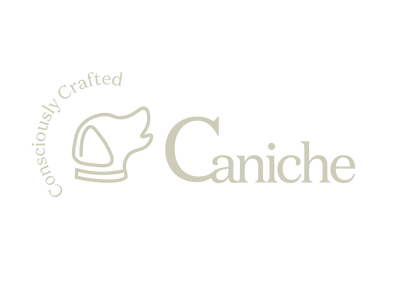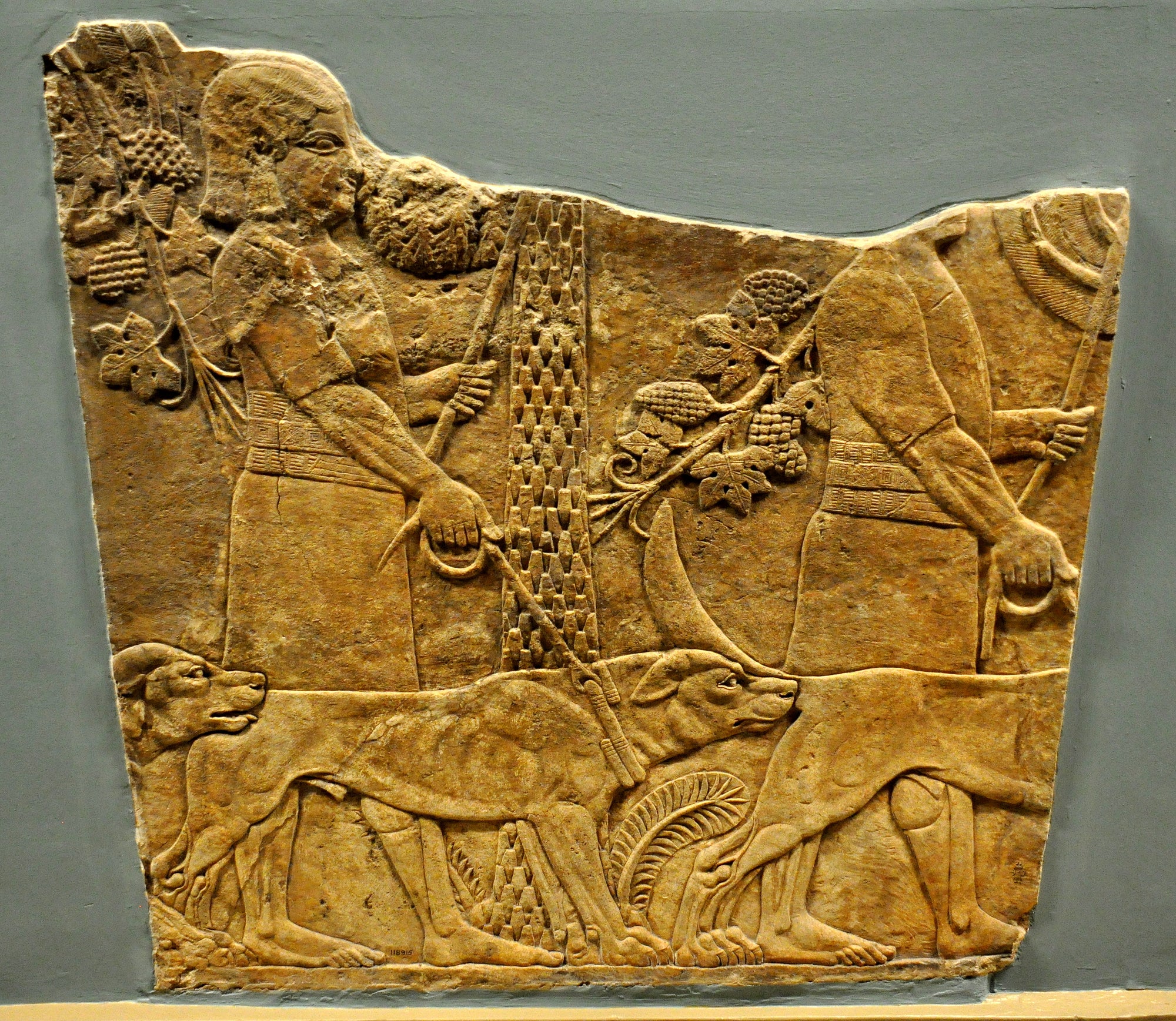Buy dog food in bulk and make your own
It’s no secret that single use plastics are extremely harmful to the environment, it can take hundreds of years for those pesky packages to break down causing endless pollution and endangering our planet and our health. Making your own dog food is simple and easy with the right whole food ingredients and it can make a positive impact. Choose meat and vegetables which are locally and organically grown to really curb your emissions. Batch cook enough for a week and supplement with quality vet recommended kibble - which if you buy in bulk reduces waste again. Dogs, like their cousins wolves, are omnivorous. Do your research and speak to your vet about what's best for your dog.
Choose natural and quality pet supplies
Not all products are created equally and this especially applies to pet shampoo, chew toys, soft toys, bedding and accessories such as collars and leads.
Products made from natural materials without the use of chemicals are not only better for the environment but also for your dog's health. When you're shopping for your fur baby, whether that be a winter coat or a collar, opt for hemp, wool, organic cotton, natural rubber and vegetable tanned leather. They are all good choices over synthetic and chemically grown/made alternatives.
For longevity, be sure to go for strong natural rubber type chews such as Kong products or something of similar quality. The same goes for soft toys, many of which can be destroyed in seconds creating unnecessary waste (not to mention the risk of bits getting stuck in the gut) - look for toys made of sturdy material such as canvas or strong rope and sew them up when holes appear.
Correctly dispose of dog poo
Picking up dog poo is unavoidable for most dog owners, especially those who live in apartments or have a back yard. When out and about, it should really go without saying, but using regular plastic bags is a big no no, there are biodegradable poo bags and they’re readily available. Most pet stores sell them and you can buy in bulk online.
If you’re not fortunate enough to live in the countryside where dogs do their business in paddocks and large fields, then keeping your yard clean is a must. Investing in a quality scooper or simply using a shovel is the best way to pick it up. To dispose, straight in the general waste or even better, use a dog poo specific worm farm, septic system or compost unit. Note that dog waste should not be mixed with regular compost or put on vege gardens so be sure to read up on the correct way to do it.
Responsibly source your new family member
When it comes to getting a new puppy you need to do your due diligence as you could be contributing to overpopulation and unethical practices.
Puppies are especially cute and fluffy but buyer beware, if you inadvertently purchase from a puppy farm or irresponsible breeder you may be supporting cruelty, over-breeding, inbreeding and you could end up with costly vet bills as many of these animals aren’t health screened correctly. If your heart is set on a puppy of a specific breed (again research which is right for you), be sure to check that the breeder ticks all the correct boxes including health testing and allowing you to visit the parents and puppies in their home. If they won’t allow visitors or don’t want to answer questions about health screening - it is a major red flag. A reputable breeder will be picky about where their puppies go, and will often have waiting lists.
Adopting is the most eco-friendly way to become a dog owner as there are staggering numbers of homeless dogs in pounds, rescues and on the streets. Just like human over-population, dogs leave carbon paw prints too.
It is a tremendous responsibility to become a dog owner, whether you bring home a puppy or adopt a dog, you must ensure you are in for the long haul, prepare to invest in puppy classes or a trainer. A dog is a lifelong commitment.
Mind our wildlife
We all love to immerse ourselves in nature and do some forest bathing or go for a long walk on the beach, but it's important to be mindful of wildlife and keep your dog on a lead in areas where there are vulnerable wildlife and birds. Sand dunes are often nesting areas for endangered birds and in New Zealand, there are many flightless birds that can become easy prey. Kiwi avoidance courses for your dog in New Zealand are important (and a requirement in some areas like national parks) if you like to take your best friend hiking.
Keep it clean and keep it simple
Less is always more when it comes to helping the planet and the health of you and your pets. In your home, use chemical free products to clean and for your laundry. You can clean most things with simple ingredients in your pantry like baking soda, vinegar and good old sunlight soap. Shop at whole food marketplaces such as Scoop with re-usable containers. Use soapberries in your laundry then compost them after. Invest in quality products and have less of them so they don't need replacing so often.


